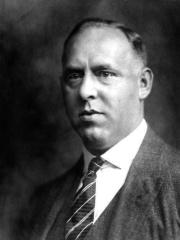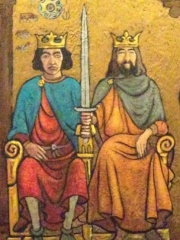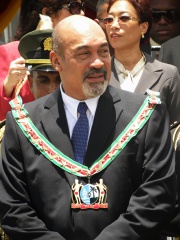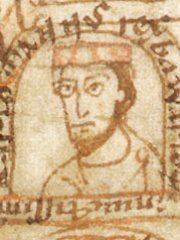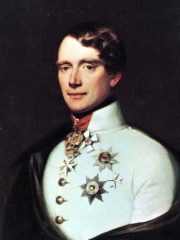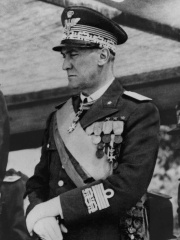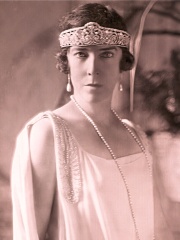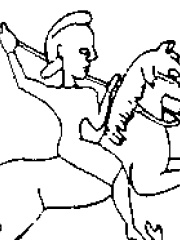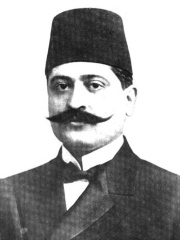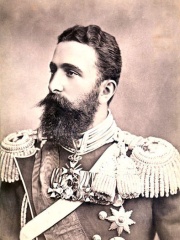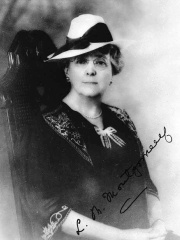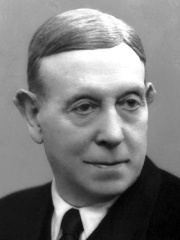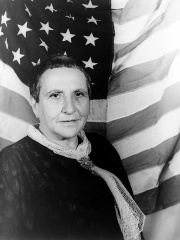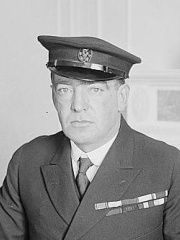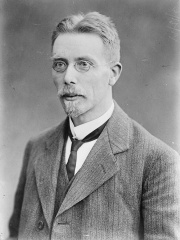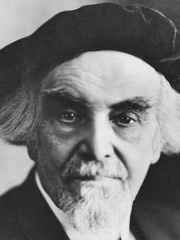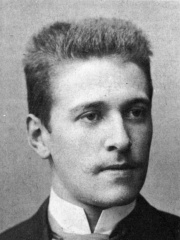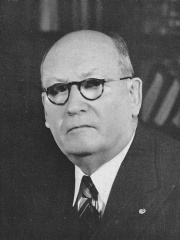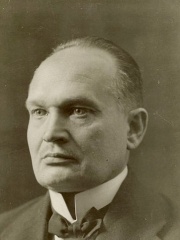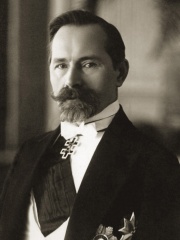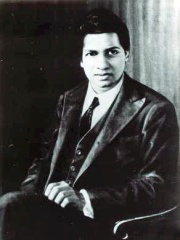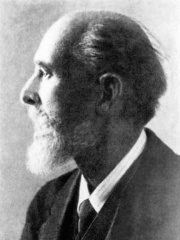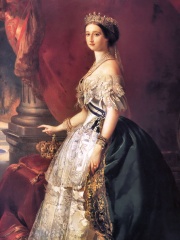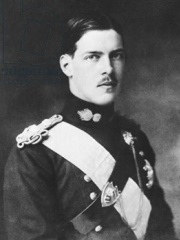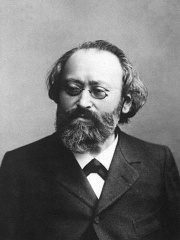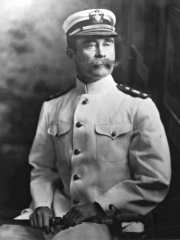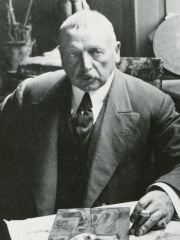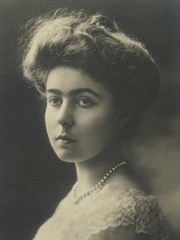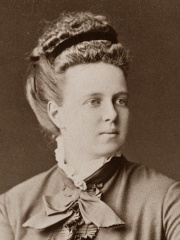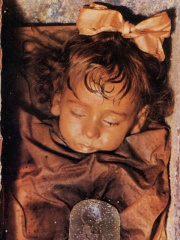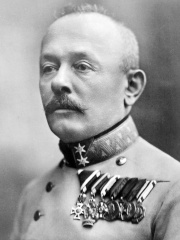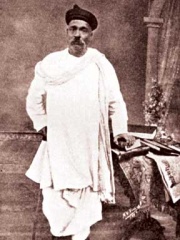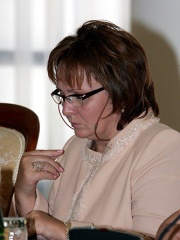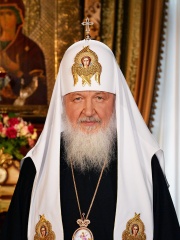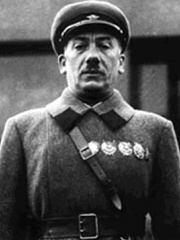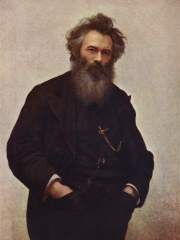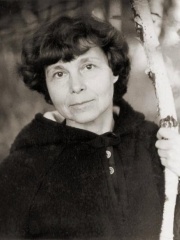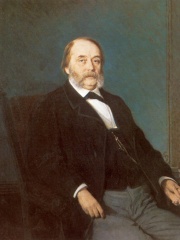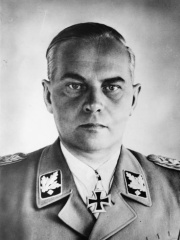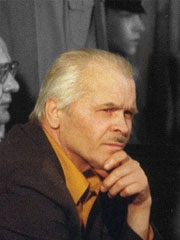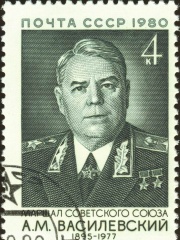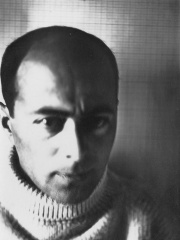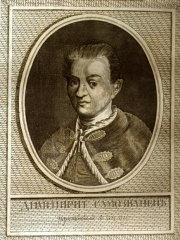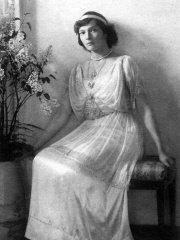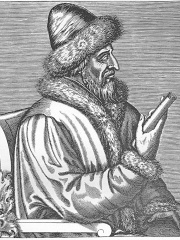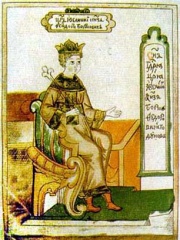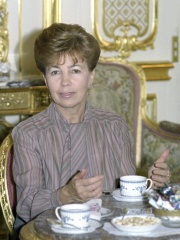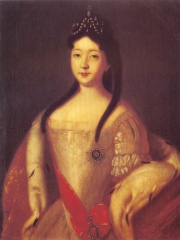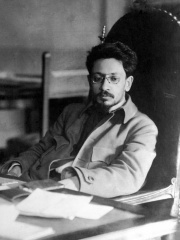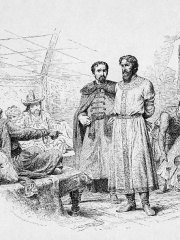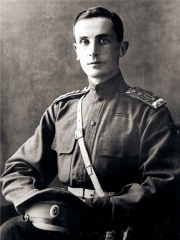Politician
Alexander Kolchak
1874 - 1920
EN.WIKIPEDIA PAGE VIEWS (PV)
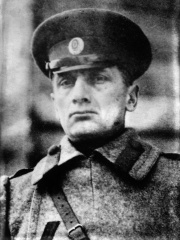
 Alexander Kolchak
Alexander Kolchak
His biography is available in 66 different languages on Wikipedia (up from 65 in 2024). Alexander Kolchak is the 1,886th most popular politician (down from 1,002nd in 2024), the 166th most popular biography from Russia (down from 113th in 2019) and the 58th most popular Russian Politician.
Alexander Kolchak was a Russian admiral and leader of the anti-communist White Army during the Russian Civil War. He was appointed as the Supreme Ruler of Russia by the White Army in 1918, but was overthrown by the Red Army in 1920.
Memorability Metrics
Page views of Alexander Kolchak by language
Among Politicians
Among politicians, Alexander Kolchak ranks 1,886 out of 19,576. Before him are Gregor Strasser, Eochaid, son of Rhun, Seongjong of Joseon, Dési Bouterse, Agesilaus II, and Carloman of Bavaria. After him are Gustav, Prince of Vasa, Rodolfo Graziani, Elisabeth of Bavaria, Queen of Belgium, Cyrus I, Talaat Pasha, and Alexander of Battenberg.
Most Popular Politicians in Wikipedia
Go to all RankingsGregor Strasser
1892 - 1934
HPI: 72.52
Rank: 1,881
Eochaid, son of Rhun
900 - 889
HPI: 72.51
Rank: 1,882
Seongjong of Joseon
1457 - 1495
HPI: 72.50
Rank: 1,883
Dési Bouterse
1945 - 2024
HPI: 72.50
Rank: 1,884
Agesilaus II
444 BC - 360 BC
HPI: 72.50
Rank: 1,885
Carloman of Bavaria
830 - 880
HPI: 72.50
Rank: 1,886
Alexander Kolchak
1874 - 1920
HPI: 72.49
Rank: 1,887
Gustav, Prince of Vasa
1799 - 1877
HPI: 72.49
Rank: 1,888
Rodolfo Graziani
1882 - 1955
HPI: 72.49
Rank: 1,889
Elisabeth of Bavaria, Queen of Belgium
1876 - 1965
HPI: 72.49
Rank: 1,890
Cyrus I
690 BC - 580 BC
HPI: 72.49
Rank: 1,891
Talaat Pasha
1874 - 1921
HPI: 72.49
Rank: 1,892
Alexander of Battenberg
1857 - 1893
HPI: 72.49
Rank: 1,893
Contemporaries
Among people born in 1874, Alexander Kolchak ranks 24. Before him are Lucy Maud Montgomery, António Egas Moniz, Gertrude Stein, Ernest Shackleton, August Krogh, and Nikolai Berdyaev. After him are Talaat Pasha, G. K. Chesterton, Hugo von Hofmannsthal, D. F. Malan, Konstantin Päts, and Antanas Smetona. Among people deceased in 1920, Alexander Kolchak ranks 10. Before him are Srinivasa Ramanujan, Peter Carl Fabergé, Eugénie de Montijo, Alexander of Greece, Max Bruch, and Robert Peary. After him are Anders Zorn, Princess Margaret of Connaught, Grand Duchess Maria Alexandrovna of Russia, Rosalia Lombardo, Svetozar Boroević, and Bal Gangadhar Tilak.
Others Born in 1874
Go to all RankingsLucy Maud Montgomery
WRITER
1874 - 1942
HPI: 74.40
Rank: 18
António Egas Moniz
PHYSICIAN
1874 - 1955
HPI: 73.59
Rank: 19
Gertrude Stein
WRITER
1874 - 1946
HPI: 73.55
Rank: 20
Ernest Shackleton
EXPLORER
1874 - 1922
HPI: 72.88
Rank: 21
August Krogh
PHYSICIAN
1874 - 1949
HPI: 72.71
Rank: 22
Nikolai Berdyaev
PHILOSOPHER
1874 - 1948
HPI: 72.65
Rank: 23
Alexander Kolchak
POLITICIAN
1874 - 1920
HPI: 72.49
Rank: 24
Talaat Pasha
POLITICIAN
1874 - 1921
HPI: 72.49
Rank: 25
G. K. Chesterton
WRITER
1874 - 1936
HPI: 72.44
Rank: 26
Hugo von Hofmannsthal
WRITER
1874 - 1929
HPI: 72.23
Rank: 27
D. F. Malan
POLITICIAN
1874 - 1959
HPI: 72.03
Rank: 28
Konstantin Päts
POLITICIAN
1874 - 1956
HPI: 71.63
Rank: 29
Antanas Smetona
POLITICIAN
1874 - 1944
HPI: 71.44
Rank: 30
Others Deceased in 1920
Go to all RankingsSrinivasa Ramanujan
MATHEMATICIAN
1887 - 1920
HPI: 79.85
Rank: 4
Peter Carl Fabergé
DESIGNER
1846 - 1920
HPI: 77.25
Rank: 5
Eugénie de Montijo
COMPANION
1826 - 1920
HPI: 76.79
Rank: 6
Alexander of Greece
POLITICIAN
1893 - 1920
HPI: 74.74
Rank: 7
Max Bruch
COMPOSER
1838 - 1920
HPI: 73.61
Rank: 8
Robert Peary
MILITARY PERSONNEL
1856 - 1920
HPI: 73.23
Rank: 9
Alexander Kolchak
POLITICIAN
1874 - 1920
HPI: 72.49
Rank: 10
Anders Zorn
ARTIST
1860 - 1920
HPI: 71.88
Rank: 11
Princess Margaret of Connaught
NOBLEMAN
1882 - 1920
HPI: 71.68
Rank: 12
Grand Duchess Maria Alexandrovna of Russia
NOBLEMAN
1853 - 1920
HPI: 70.77
Rank: 13
Rosalia Lombardo
CELEBRITY
1918 - 1920
HPI: 70.24
Rank: 14
Svetozar Boroević
MILITARY PERSONNEL
1856 - 1920
HPI: 70.08
Rank: 15
Bal Gangadhar Tilak
SOCIAL ACTIVIST
1856 - 1920
HPI: 70.04
Rank: 16
In Russia
Among people born in Russia, Alexander Kolchak ranks 166 out of NaN. Before him are Lyudmila Putina (1958), Patriarch Kirill of Moscow (1946), Genrikh Yagoda (1891), Ivan Shishkin (1832), Sofia Gubaidulina (1931), and Ivan Goncharov (1812). After him are Felix Steiner (1896), Anatoly Dyatlov (1931), Aleksandr Vasilevsky (1895), El Lissitzky (1890), False Dmitry I (1581), and Eduard Limonov (1943).
Others born in Russia
Go to all RankingsLyudmila Putina
POLITICIAN
1958 - Present
HPI: 72.74
Rank: 160
Patriarch Kirill of Moscow
RELIGIOUS FIGURE
1946 - Present
HPI: 72.65
Rank: 161
Genrikh Yagoda
POLITICIAN
1891 - 1938
HPI: 72.59
Rank: 162
Ivan Shishkin
PAINTER
1832 - 1898
HPI: 72.55
Rank: 163
Sofia Gubaidulina
COMPOSER
1931 - 2025
HPI: 72.54
Rank: 164
Ivan Goncharov
WRITER
1812 - 1891
HPI: 72.53
Rank: 165
Alexander Kolchak
POLITICIAN
1874 - 1920
HPI: 72.49
Rank: 166
Felix Steiner
MILITARY PERSONNEL
1896 - 1966
HPI: 72.47
Rank: 167
Anatoly Dyatlov
ENGINEER
1931 - 1995
HPI: 72.47
Rank: 168
Aleksandr Vasilevsky
MILITARY PERSONNEL
1895 - 1977
HPI: 72.42
Rank: 169
El Lissitzky
ARTIST
1890 - 1941
HPI: 72.35
Rank: 170
False Dmitry I
POLITICIAN
1581 - 1606
HPI: 72.34
Rank: 171
Eduard Limonov
POLITICIAN
1943 - 2020
HPI: 72.30
Rank: 172
Among Politicians In Russia
Among politicians born in Russia, Alexander Kolchak ranks 58. Before him are Grand Duchess Tatiana Nikolaevna of Russia (1897), Vasili III of Russia (1479), Feodor II of Russia (1589), Raisa Gorbacheva (1932), Lyudmila Putina (1958), and Genrikh Yagoda (1891). After him are False Dmitry I (1581), Eduard Limonov (1943), Grand Duchess Anna Petrovna of Russia (1708), Yakov Sverdlov (1885), Öz Beg Khan (1282), and Felix Yusupov (1887).
Grand Duchess Tatiana Nikolaevna of Russia
1897 - 1918
HPI: 73.29
Rank: 52
Vasili III of Russia
1479 - 1533
HPI: 73.15
Rank: 53
Feodor II of Russia
1589 - 1605
HPI: 72.92
Rank: 54
Raisa Gorbacheva
1932 - 1999
HPI: 72.91
Rank: 55
Lyudmila Putina
1958 - Present
HPI: 72.74
Rank: 56
Genrikh Yagoda
1891 - 1938
HPI: 72.59
Rank: 57
Alexander Kolchak
1874 - 1920
HPI: 72.49
Rank: 58
False Dmitry I
1581 - 1606
HPI: 72.34
Rank: 59
Eduard Limonov
1943 - 2020
HPI: 72.30
Rank: 60
Grand Duchess Anna Petrovna of Russia
1708 - 1728
HPI: 71.85
Rank: 61
Yakov Sverdlov
1885 - 1919
HPI: 71.71
Rank: 62
Öz Beg Khan
1282 - 1341
HPI: 71.65
Rank: 63
Felix Yusupov
1887 - 1967
HPI: 71.51
Rank: 64
